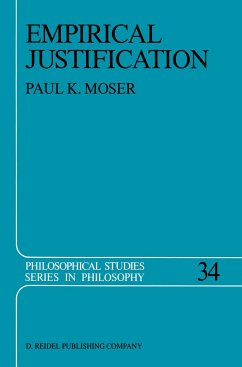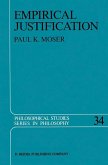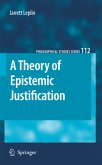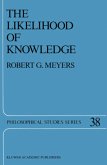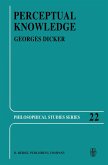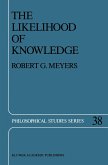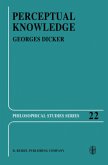Broadly speaking, this is a book about truth and the criteria thereof. Thus it is, in a sense, a book about justification and rationality. But it does not purport to be about the notion of justification or the notion of rationality. For the assumption that there is just one notion of justification, or just one notion of rationality, is, as the book explains, very misleading. Justification and rationality come in various kinds. And to that extent, at least, we should recognize a variety of notions of justification and rationality. This, at any rate, is one of the morals of Chapter VI. This book, in Chapters I-V, is mainly concerned with the kind of justification and rationality characteristic of a truth-seeker, specifically a seeker of truth about the world impinging upon the senses: the so-called empirical world. Hence the book's title. But since the prominent contemporary approaches to empirical justification are many and varied, so also are the epistemological issues taken up in the following chapters. For instance, there will be questions about so-called coherence and its role, if any, in empirical justification. And there will be questions about social consensus (whatever it is) and its significance, or the lack thereof, to empirical justification. Furthermore, the perennial question of whether, and if so how, empirical knowledge has so-called founda tions will be given special attention.
Hinweis: Dieser Artikel kann nur an eine deutsche Lieferadresse ausgeliefert werden.
Hinweis: Dieser Artikel kann nur an eine deutsche Lieferadresse ausgeliefert werden.
`Moser's Empirical Justification is an original and rigorously argued book. It subjects externalist epistemological theories to some of the most far-reaching criticism they have yet received, and it systematically develops an alternative theory significant in its own right.'
Robert Audi, University of Nebraska - Lincoln
`The book makes an original contribution to the contemporary interest in theories of justification - not just because it presents very interesting and quite well-grounded criticisms of many of the current views, but because in developing his own account of intuitionistic foundationalism, Moser has presented a view which will, no doubt, receive much attention.'
Prof. P. Klein, Rutgers University
Robert Audi, University of Nebraska - Lincoln
`The book makes an original contribution to the contemporary interest in theories of justification - not just because it presents very interesting and quite well-grounded criticisms of many of the current views, but because in developing his own account of intuitionistic foundationalism, Moser has presented a view which will, no doubt, receive much attention.'
Prof. P. Klein, Rutgers University
`Moser's Empirical Justification is an original and rigorously argued book. It subjects externalist epistemological theories to some of the most far-reaching criticism they have yet received, and it systematically develops an alternative theory significant in its own right.' Robert Audi, University of Nebraska - Lincoln `The book makes an original contribution to the contemporary interest in theories of justification - not just because it presents very interesting and quite well-grounded criticisms of many of the current views, but because in developing his own account of intuitionistic foundationalism, Moser has presented a view which will, no doubt, receive much attention.' Prof. P. Klein, Rutgers University

